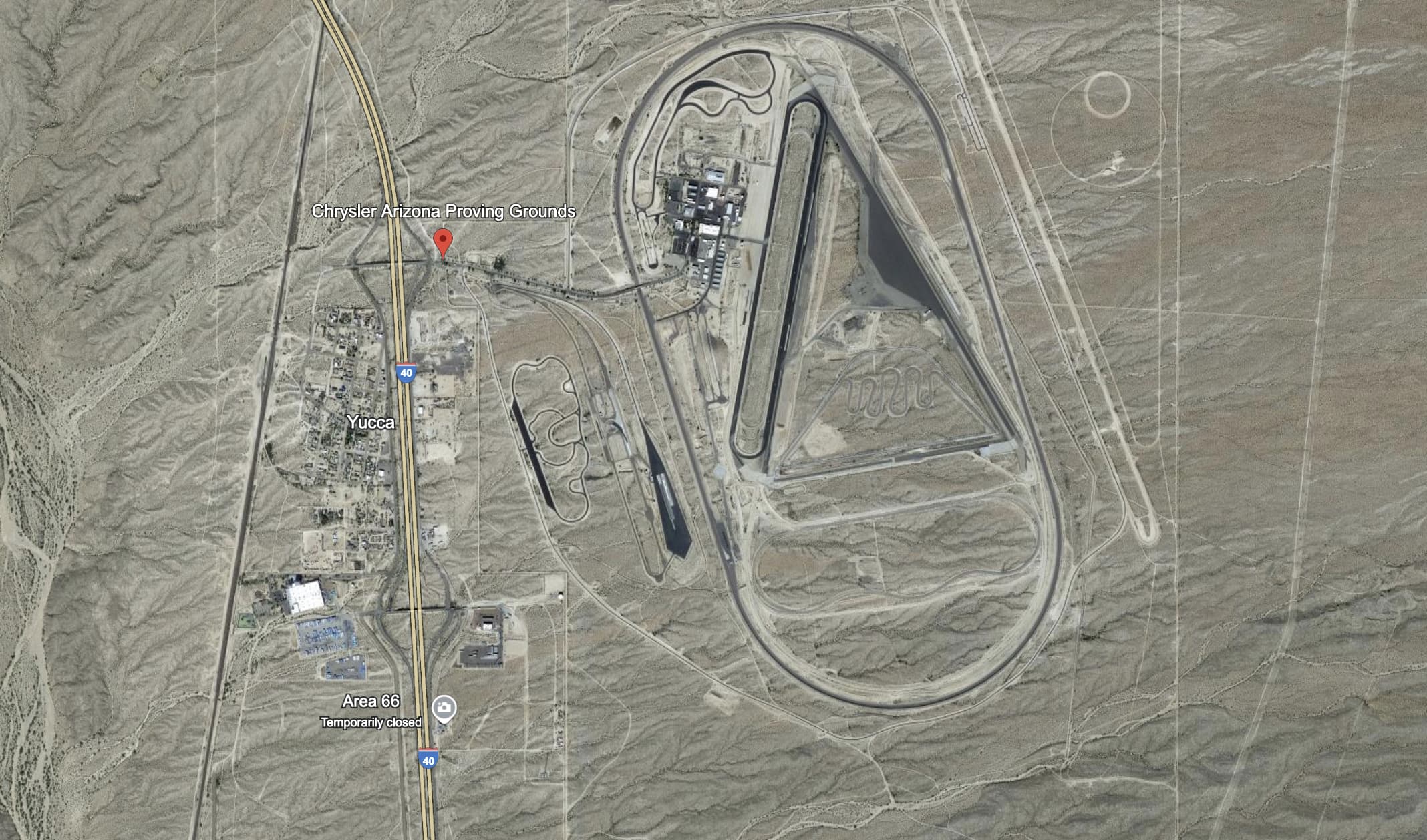PETALING JAYA: Malaysia is better positioned to negotiate a free trade agreement (FTA) with the European Union (EU) this time around as geopolitics and supply chain realignment gives it some edge, say industry observers.
Universiti Tunku Abdul Rahman economics professor Wong Chin Yoong attributes this to the nation’s trade history with the EU as well as being one of the most prioritised destinations for integrated circuit investments.
He said the EU has been Malaysia’s third or fourth-largest trading partner while Malaysia is the EU’s third-largest trading partner within Asean.
“Our trade with the EU has exceeded €50bil in the last two years, which mainly include machinery and appliances along with some chemical goods and animal fats.
“Malaysia has long been a recipient of foreign direct investment (FDI) from the EU and is also an integral part of the electronics and electrical (E&E) supply chains.
“The E&E-related industries will be one of the most important components in the FTA looking at the ongoing geopolitical tensions. Hence, this puts Malaysia in a very advantageous position when it comes to negotiating with the EU,” he told StarBiz.
Negotiations for an FTA between the EU and Malaysia were launched in 2010 and put on hold after eight rounds of negotiations in 2012, at Malaysia’s request.
Both parties had exhausted their negotiating options at that time. It was then agreed that negotiations would resume when a new mandate and/or additional flexibilities were available to both sides.
In March this year, Prime Minister Datuk Seri Anwar Ibrahim said “the time is ripe to rekindle discussions on the Malaysia-EU FTA” and Europe will be able to capitalise on Malaysia as a gateway to Asia with an FTA.
Bilateral trade in goods between the EU and Malaysia totalled €50.3bil in 2022.
EU imports from Malaysia were valued at €35.6bil, while EU exports to Malaysia reached €14.7bil. Additionally, trade in services between the two partners amounted to nearly €7.6bil in 2021.
EU-Asean Business Council executive director Chris Humphrey said past talks for an FTA were put on hold partly due to local political considerations and concerns about voter reactions to ongoing FTA negotiations when the country is heading for a general election.
Humphrey added that negotiations have taken so long to restart largely due to political reasons in Malaysia and partly because the European Commission felt that the level of ambition on the Malaysian side did not match their own level of ambition for a deep and comprehensive FTA.
“The EU is always looking for new trade deals that not only remove tariffs but also non-tariff barriers and improve market access in both directions, address intellectual property rights, sustainability, and non-core trade issues like labour rights, and environmental protection.
“These may well have been some of the stumbling blocks for Malaysia at that time. Hence, the country needs to be ready to address these issues to secure an FTA with the EU,” he said in an interview with StarBiz.
Areas such as high-end electronics and semiconductors are where Malaysia can significantly enhance its role in its relationship with the EU, Humphrey noted.
“Traditional sectors like machinery, basic electronics and agricultural products will continue to grow, and an FTA would be beneficial by providing tariff-free access and facilitating easier entry into the European market.
“Similarly, European firms could potentially gain improved access to the Malaysian market and look to invest more here,” he said.
On this note, Wong said the new generation of FTAs that will benefit Malaysia the most would be those addressing non-tariff measures.
“After concluding so many rounds of FTAs, tariff barriers in trade have been largely removed. The average simple tariff rates for Malaysia in 2021 was approximately 3.6%.
“Further reduction in tariff rates would only bring about trivial gains from FTAs that are purely focusing on tariff reduction,” he said.
For instance, the biggest benefit of Regional Comprehensive Economic Partnership (RCEP) to Malaysia is not tariff removal but harmonisation of all the different rules of origins under different bilateral trade agreements rectified earlier by the members.
Sharing a single custom standard and procedures across member nations substantially reduces the cost of cross-border trading, making different markets as if a single large market and hence bolstering the gains from trade.
“I believe a proposed FTA between Malaysia and the EU will be heading towards that direction, with emphasis not just on the harmonisation of standards and procedures in goods but also service sectors.
“The benefits can be enormous for both sides, as Malaysian firms would have better access to the European market and capital while for the European companies, the access to the RCEP and Comprehensive and Progressive Agreement for Trans-Pacific Partnership markets,” Wong said.
In Asean, Singapore and Vietnam already have an FTA in place with the EU while negotiations are still ongoing with Indonesia, the Philippines and Thailand.
Humphrey said recent announcements by the EU and the Philippines show both sides are looking at a €6bil increase in trade from the signing of an FTA and this is coming from a lower base compared with what Malaysia presently has with the EU.
“With Vietnam, the growth rate in trade resulting from the FTA with the EU has far surpassed that between the EU and Malaysia.
“Malaysia is extremely well placed and is very active in Europe in terms of trying to attract investment. However, Malaysia probably has not been getting its fair share when you look at the investment flows that have been going elsewhere within South-East Asia.
“Having an FTA in place will definitely be a boost for Malaysia in that regard, going forward,” he said.
The rekindling of the Malaysia-EU FTA is also taking place at an opportune time as Malaysia edges closer to assuming the annually-rotating Asean chair in 2025 from Laos this year.
“Engagement between the EU and Asean is probably at an all-time high now, particularly regarding trade and investment issues. During Malaysia’s chairmanship of Asean next year, the Asean digital economy framework agreement should be reaching its conclusion.
“I hope that under Malaysia’s stewardship, we will achieve an agreement that is open and promotes the digital economy. This could perhaps lead to a broader agreement with Europe at the same time,” he said.
Wong said gaining access to the EU’s market, technology and finances through an FTA is important.
“We are accustomed to thinking of FDI primarily as a means of freeing trade in goods and services, promoting exports and imports as well as attracting more European investments to Malaysia.
“We must not forget that for Malaysia to become a developed country, it is crucial to have local companies that are globalised or internationalised. This is also how the country can really upgrade its overall industrial capacity,” he said.

